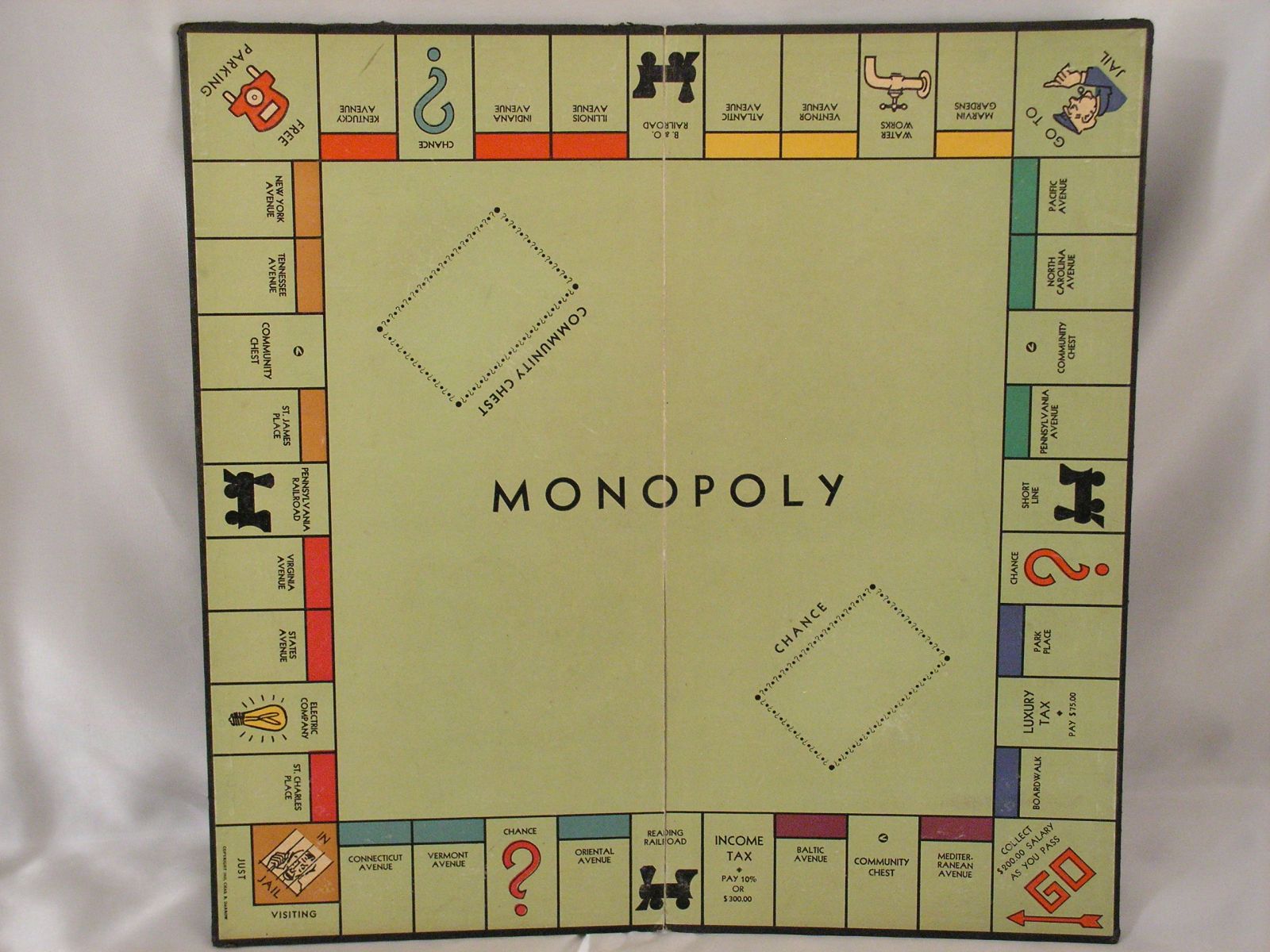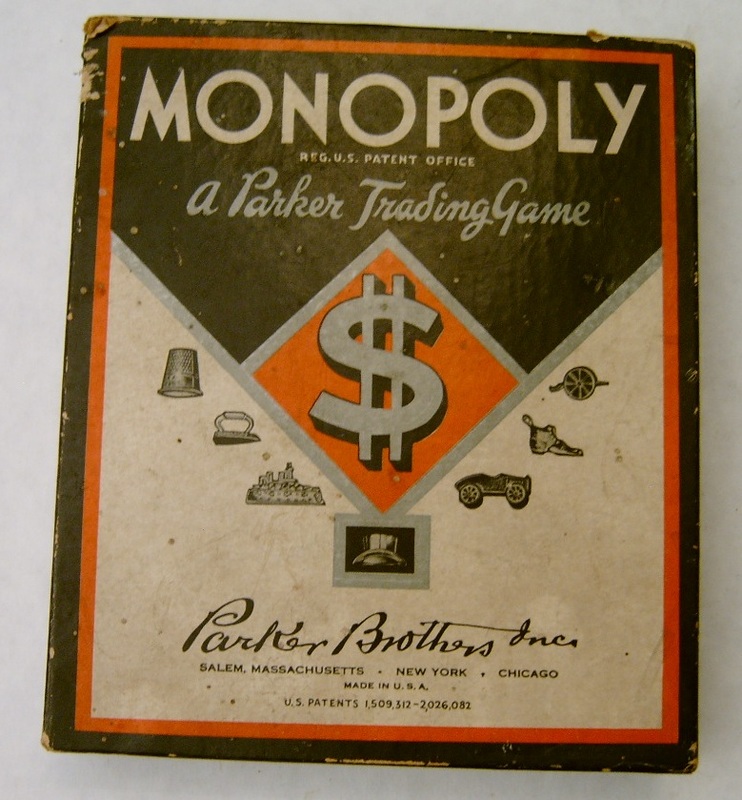


#Monopoly history facts free#
If you land on Free Parking, nothing bad (or good) happens to you - it's just a "free" resting space.If you land on GO or pass over it while moving your token, you collect $200 from the Bank.Once you use that card it should go back to the bottom of the pile. When you're done with a card, put it on the bottom of the deck it came from unless the card says you may keep it. Chance cards usually cause you to move to different spaces on the board, and Community Chest cards usually give you bonus money or force you to pay money to the Bank. If you land on Chance or Community Chest, you must draw the top card from the corresponding deck and follow its instructions.There is no penalty if you land on a property you own - in this case, you don't have to do anything. If you land on a property another player owns, you must pay them the rent that is listed on the property's card.The player who buys the property (or wins the auction) pays their money to the Bank and gets the card for the property from the Bank, which lists important information about the property. The player who landed on this property may join in this auction even though they originally said they didn't want to buy the property. If you do not want to buy it, the Banker sells it at an auction to all players. If you land on a property that no player owns, you may buy it from the Bank at the price printed on the board.You must then follow the instructions of whatever space your token lands on. On your turn, you roll the dice and move your token forward ( clockwise around the edge of the board) the same number of spaces as the sum of the dice you rolled. The rules can be found in every Monopoly box, but a summary is listed here. The object of the game is to own as much land (property) and to be the richest player. Each player rolls the dice, and the player who rolled the highest total takes the first turn. The banker gives each player $1500 to start with. One player is chosen to be the banker - this player is trusted with handing out money from the bank and collecting players' spent money during the game. (the tokens vary depending on the edition), and places it on GO. Each player chooses a token (a playing piece), such as a thimble, a rocking horse, a boot, a dog, etc. The Chance and Community Chest cards are shuffled and placed face down on the board. To prepare for the game, the board is put in position. In the British original version, they are named after streets in London. In the original version, the properties and railroad stations were named after the streets in Atlantic City in New Jersey in the United States. There are also spaces called Income Tax, Luxury Tax, Community Chest and Chance. The properties are: 22 streets (each marked with one of eight colors), 4 railroad stations, the Electric Company and the Water Works. Along the sides of the board are properties (streets and businesses) for sale. In the four corners of the board are GO, Free Parking, JAIL, and Go to Jail. He published his own version of the game where making money was the focus of the game, and called it "Monopoly." Later on, he sold his game to Parker Brothers, who falsely credited Charles Darrow as the creator of the game. In 1934, Charles Darrow in Philadelphia found The Landlord's Game and thought that the game was more exciting when players didn't share their land rents. The original rules included several ways to play the game, including one where players could agree to share the land rents and everyone would win. Her game, which she called "The Landlord's Game", was self-published, beginning in 1906. She wanted her game to be an educational tool to highlight the negative aspects of concentrating land in private monopolies.

Magie created the game in 1903, to explain the single tax theory of Henry George. Monopoly was created by Elizabeth Magie as a teaching tool based on the economic concept of land monopoly.


 0 kommentar(er)
0 kommentar(er)
